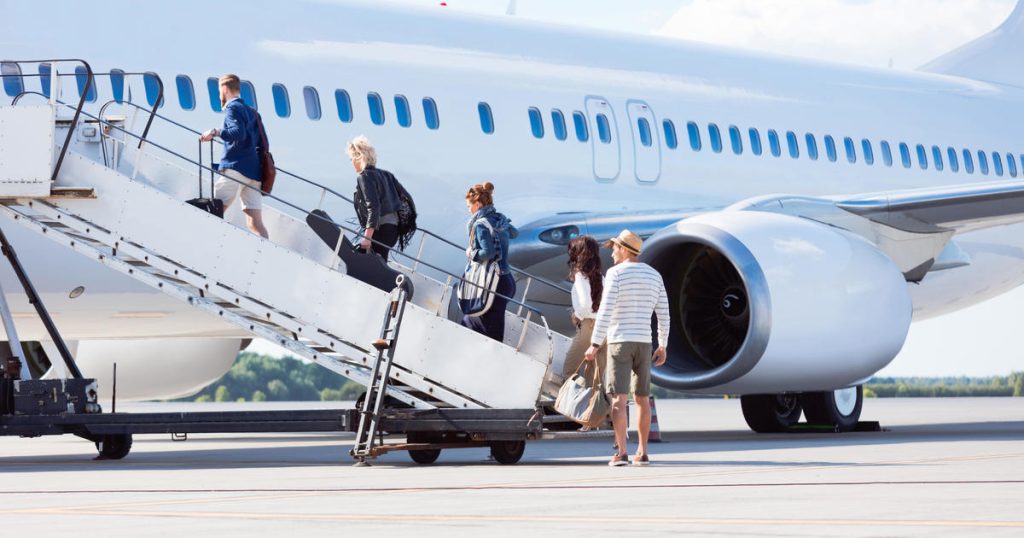Delta Air Lines is implementing changes to its boarding process effective May 1 in an effort to expedite the loading of passengers onto planes. The new system introduces numbered boarding zones for all flights, with customers being assigned a zone number rather than boarding groups based on airline status or fare class, such as “Sky Priority.” The boarding order remains the same, but group names are changing, making it easier for passengers to know when it’s their turn to board.
The new boarding process will see customers who require assistance pre-boarding as usual, followed by Zone 1 comprising Delta One and First Class customers. Diamond Medallion Members and Delta Premium Select ticket holders will board in Zone 2, while Delta Comfort+ customers will board in Zone 3. Sky Priority passengers will follow in Zone 4, with zone numbers increasing up to 8, when basic economy passengers will board. Delta believes this change will make the process less stressful for gate agents and easier for infrequent fliers and non-English speakers to understand.
While Delta insists this change is minor, some travel experts question whether it will significantly expedite the boarding process. John Milne, an expert on airline boarding, believes that while the names of passenger groups are changing, the sequence in which they board remains the same. Delta claims the change is a simple one that will provide more clarity to customers, especially those who may face language barriers at the gate. The numbered zones also aim to align with the airline’s international partners for a consistent travel experience.
Delta CEO Ed Bastian addressed the change during the company’s first quarter earnings call, emphasizing that having numbered zones will make the boarding process more intuitive for passengers. While Delta initially introduced its branded fare boarding process in 2018, the move to numbered zones is seen as a return to a more traditional boarding approach. However, experts suggest that there are more efficient ways to board passengers, such as based on seating location on the aircraft rather than loyalty to the airline or ticket prices.
The change at Delta is seen as a superficial one by some experts, as it does not significantly improve or expedite the boarding process. Scott Keyes, a travel expert, notes that the return to numbered zones is more in line with standard industry practices, as opposed to the innovative approach Delta had previously taken. However, any changes that could truly speed up boarding could provide a competitive advantage for airlines. Despite recent air safety incidents, Delta posted a profit in the first quarter, signaling strong demand for air travel as the summer travel season approaches. Travelers continue to book trips despite concerns surrounding recent events in the aviation industry.


